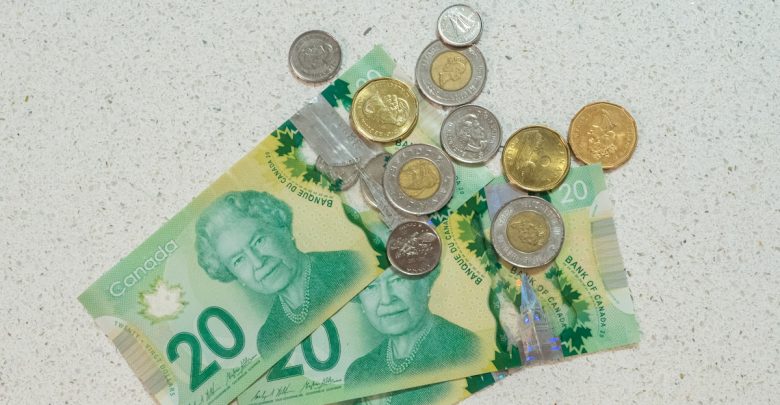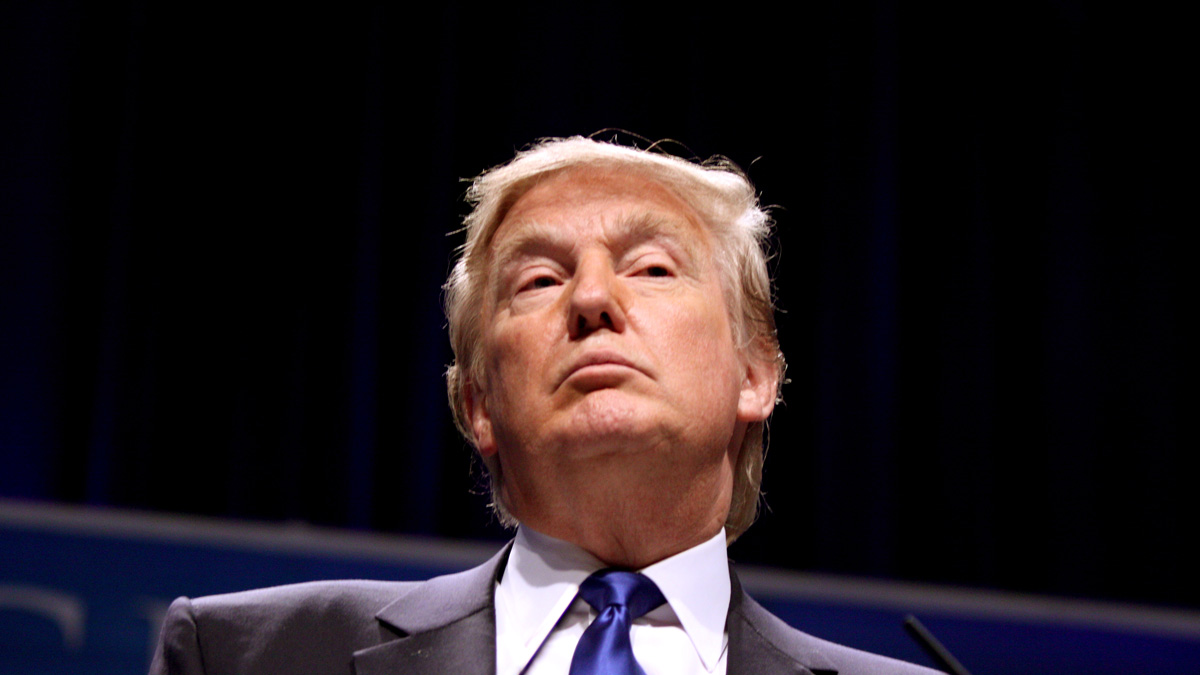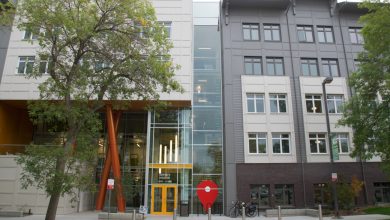 Supplied
SuppliedAmidst rising prices and the cost-of-living crisis, the Government of Canada announced a Goods and Services Tax (GST)/Harmonized Sales Tax (HST) tax break for two months. It’s a general form of relief for Canadians during the holidays when spending is the highest. The tax break is in place from December 14, 2024, to February 14, 2025. Business owners are expected to remove taxes from qualifying products.
Although this sounds like a relief after the past few years of rising prices, Canadians are concerned about the possible implications of a tax break and if Prime Minister Justin Trudeau is willing to overlook these concerns to gain votes. Many point to a potential tax increase and inflation in 2025. While Canadians might save money for a couple months, we could be dealing with the repercussions for long after.
Because of the tax break, Canadians currently don’t have to pay GST on basic things like children’s clothing, children’s footwear, diapers, car seats, food, and beverages. Additionally, some children’s toys, video game consoles, controllers, books, print newspapers, and physical media are now temporarily tax free. With this, the government expects Canadians to save from $100 to more than $200 in this two month time period. Though, is $100 to $200 really worth the estimated $1.6 billion of lost government revenue? People are skeptical. Many Canadians are echoing the thoughts of Conservative Party Leader Pierre Poilievre who claims that this tax break will “drive up the cost-of-living.”
If taxes are ignored for now, they’ll haunt us in the future. How is it possible to just disregard $1.6 billion in revenue? Not to mention the $250 the Liberal Party wants to send out to Canadians who made less than $150,000 in 2023. If this happens, it would to cost about $4.68 billion. The price is high and even economists believe that the GST break will temporarily suppress inflation only for it to come back up after February. It brings into question the Liberal Party’s intentions. Do they really want to help Canadians or just win more votes?
People took to social media to express their distaste. One concern is that Trudeau is trying to “buy votes” for the upcoming election. Two months of tax-relief is not going to make Canadians’ problems disappear. It just delays having to deal with them — possibly with greater consequences such as inflation and an increase in taxes.
Another point that has come into question is, who is really getting relief? People struggling financially already have low consumption. What student is going to spend $2,000 on the selected items just to save $100? Their savings with this tax break won’t be as high as those who consume regularly and in high quantities. So does it really relieve Canadians or does it just incentivize people to consume more? One can argue the GST break helps small businesses, but all Canadians deserve to get relief. This tax break makes it seem like the Liberal Party is sweeping the affordability problem under the rug.
Canadians have been waiting ages for a solution to the cost-of-living crisis and deserve more than a band-aid fix. Fraser Institute along with other Canadians feel that although the proposal is headed in the right direction, this particular tax package is not the best proposal. If we want long-lasting and impactful effects on the economy and Canadian lives, we have to come up with a better solution than a two month vacation.




